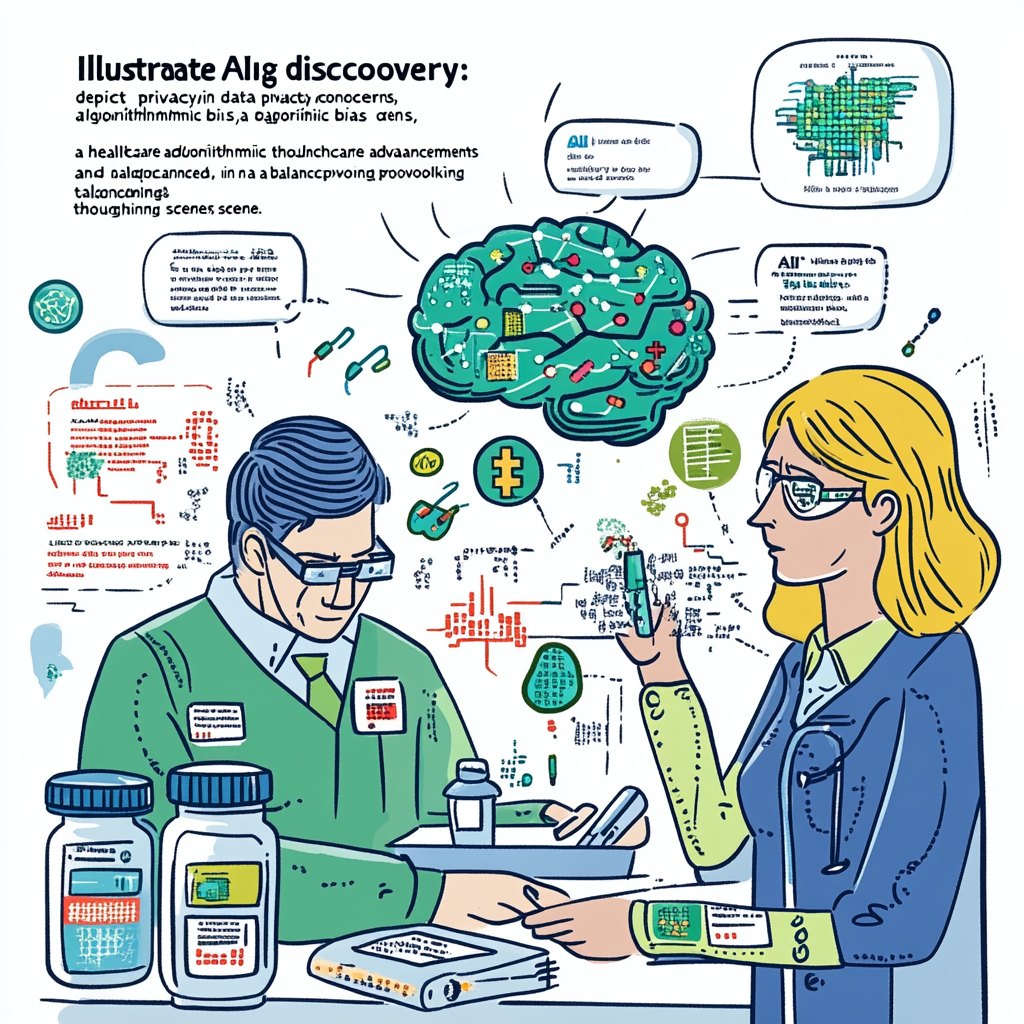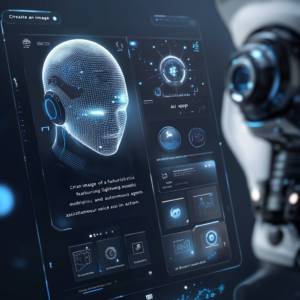
Leen Kawas: The Promise and Ethical Dilemmas of AI-Driven Drug Discovery
Leen Kawas on AI and Drug Discovery: Navigating the Ethical Challenges of the Next Decade
Picture this: a realm where the arduous path of drug discovery morphs from a grueling expedition lasting over a decade into a sprint that zips its way through months. This scenario might sound like something ripped from the pages of a sci-fi novel, but, believe it or not, it's within our grasp. Thanks to the unstoppable force of artificial intelligence (AI), the biotechnology landscape is undergoing an epic transformation—one that has Leen Kawas, a visionary biotech leader and Managing General Partner at Propel Bio Partners, steering the ship. Her observations on the role of AI in drug discovery bring a spotlight not just to the staggering possibilities, but also to the intricate ethical labyrinth we must navigate in the upcoming years of healthcare.
Let’s break it down. AI's leap into drug development is akin to introducing a turbocharged engine in a horse-drawn carriage. Think about it: traditional drug development, tied up in a decade-long waiting game that gulps down billions, is being revolutionized by AI's talent for processing mountains of biological data like a whiz. It’s like having a super-sleuth at your disposal who can comb through vast oceans of information at lightning speed. This means spotting potential drug candidates faster and running clinical trials with uncanny accuracy. For example, AI has the chops to mine data from electronic health records, social media chatter, or even online surveys—stuff that would normally be impractical or downright impossible to sift through manually. As Kawas aptly points out, this tech wizardry allows researchers to make sharper, more informed decisions by leveraging diverse data pools—think omics, metabolomics, proteomics, epigenetics, and the nitty-gritty of clinical presentations.
However, hold your horses; this rapid progress is not without its dark undercurrents. Leading the charge is the nagging issue of data privacy and security. Biotechnology firms increasingly depend on extensive repositories of sensitive patient data, which include everything from personal identifiers to intricate genetic sequences. Protecting this trove isn’t just a legal obligation; it’s essential for maintaining the trust of patients—a trust that is the lifeblood of recruiting participants for clinical trials. Kawas is adamant about the need for a fortress of security measures—secure servers, robust data encryption, the whole nine yards—to shield against the lurking specter of data breaches.
Now, let’s pivot to another sticky wicket: algorithmic bias. The cold hard truth is that AI systems are mirror reflections of the datasets they are built on. If those datasets are biased or fail to represent the wider population, the predictions can be as skewed as a funhouse mirror. This doesn’t just jeopardize the effectiveness of drug discovery; it throws a wrench into the equity machine and questions who gets access to the potential treatments. Diversity in training datasets isn’t just a “nice to have”—it’s a crucial step toward leveling the playing field.
Now, don’t even get me started on the implications for employment. The integration of AI into drug discovery raises serious questions about job displacement. As AI churns through menial tasks at breakneck speed, there’s a palpable risk of sidelining human workers—those who might find their skills eclipsed by bits and bytes. Beyond job security, there are the philosophical implications; we need to scratch our heads and think: what does it mean to rely on machines for healthcare? It’s a brewing storm that deserves our attention, lest we be swept away by the deluge of change.
Leen Kawas is a voice to be reckoned with amidst this maelstrom of advancement and ethical inquiry. She emphasizes that we must tread carefully, tracking not only the innovation that AI brings but also the moral compass we must adhere to. The hope is that with foresight and thoughtful regulation, we won't just leap forward in technology, but do so sans the strings of ethical compromise dangling overhead.
As we gear up for this brave new world of AI-infused drug discovery, it’s incumbent upon us to cultivate a culture of transparency and accountability. As stewards of health and science, we owe folks a solid foundation—systematically addressing the risks while harnessing the rewards that AI offers. With figures like Kawas at the helm, there’s a beacon of hope lighting the path forward, but it requires all of us to engage, question, and be vigilant.
So there you have it—the landscape of drug discovery redefined by AI, wrapped in the complexities of ethical concerns. The journey ahead promises thrilling advancements, but only if we’re ready to confront the challenges that accompany them.
Now, if you want to stay up to date with the latest news on neural networks and automation, here's your chance. Subscribe to our Telegram channel: @ethicadvizor and join the conversation about the future we can shape together.

